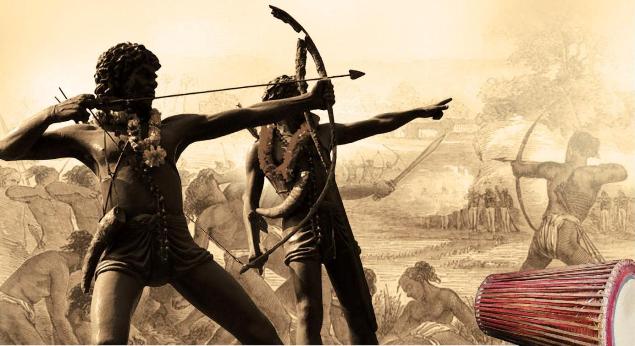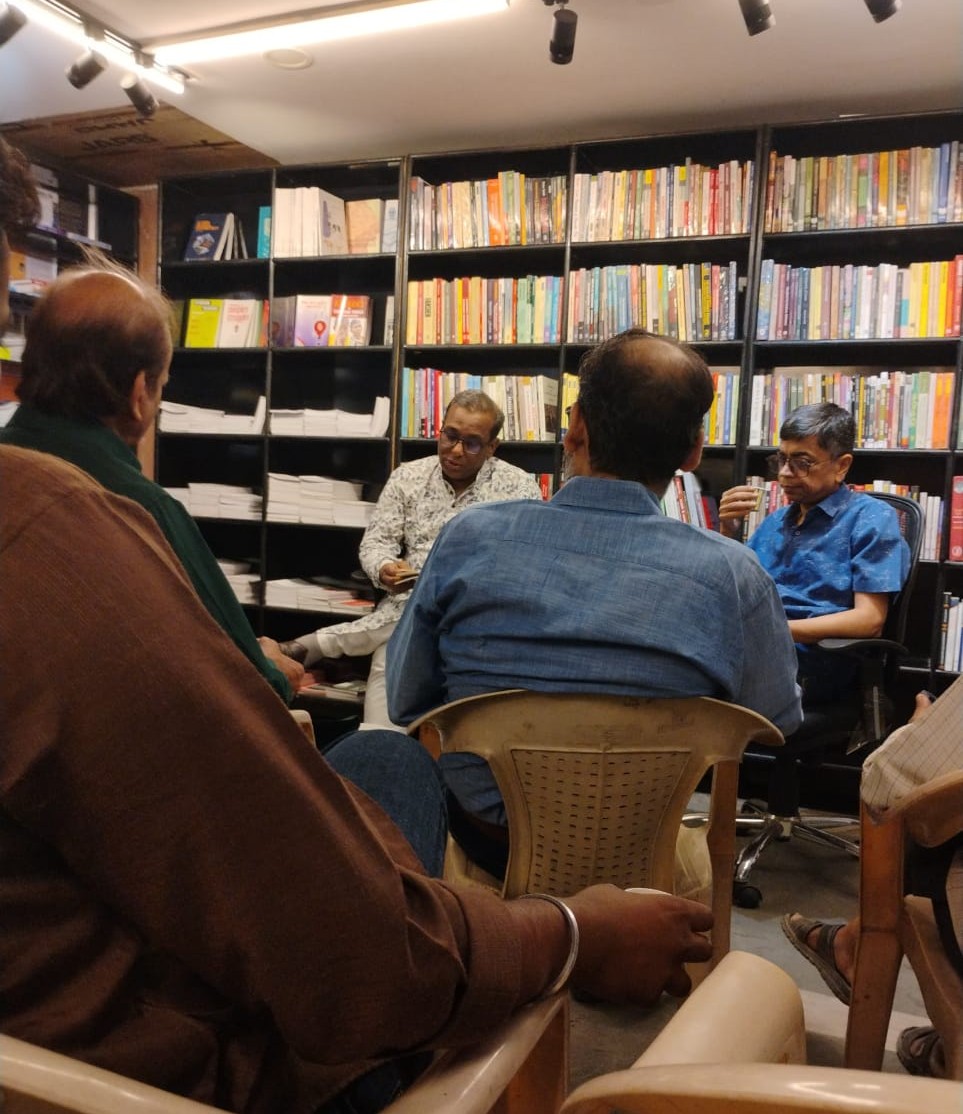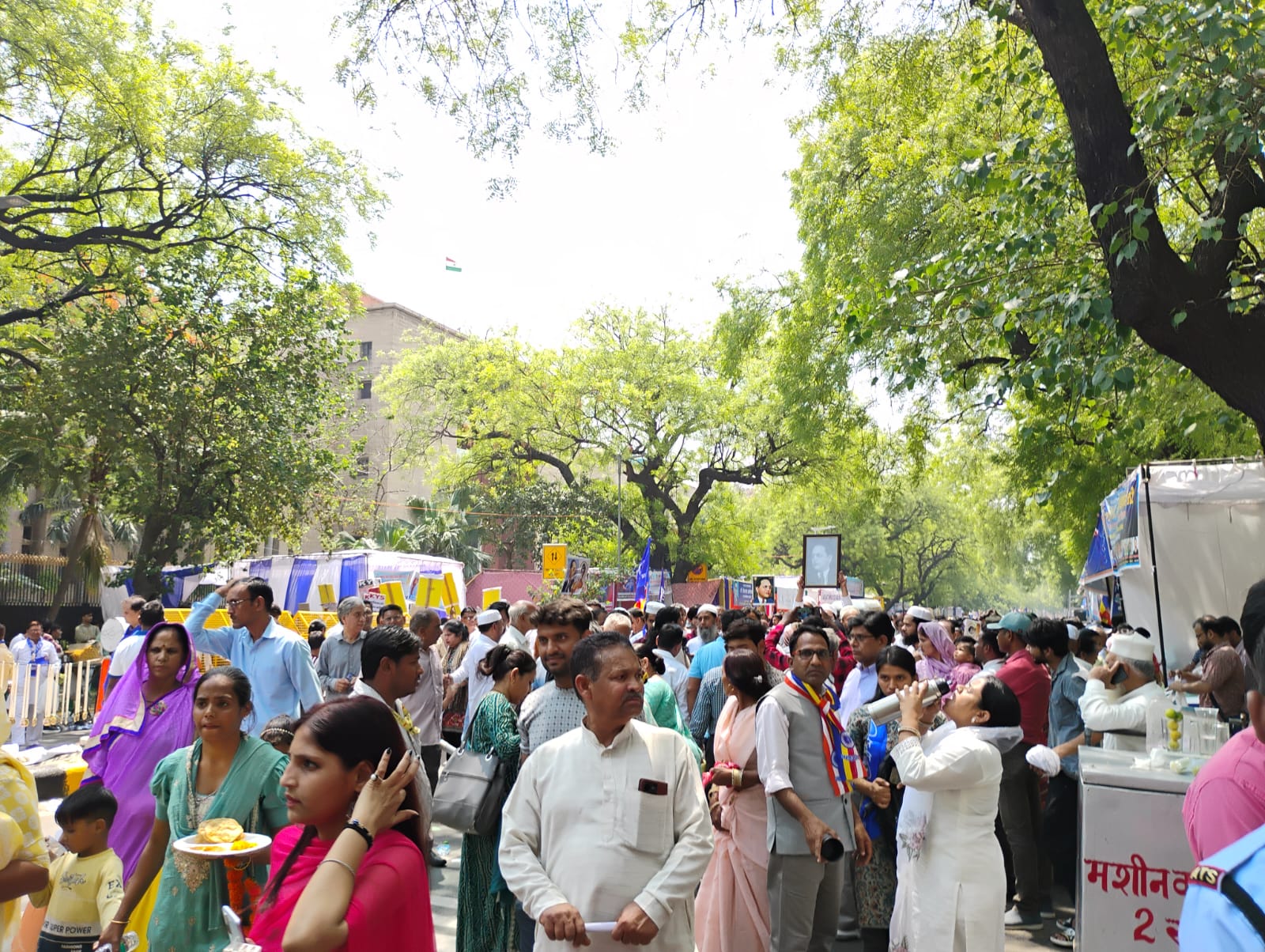Some salutations come to symbolize an entire ideology – what it stands for, along with all the elements of its heritage. ‘Jai Bhim’ is one such salutation. This slogan has the same place in India which “Red Salute” has globally in the socialist revolutionary tradition of the proletariat. Bahujan ideology represents a social order, culture, lifestyle and worldview based on the values of justice, equality and fraternity. It is in sharp contrast to the Vedic Aryan brahmanical Hindu religion, based on the Varna and the caste system and on gender inequality. Jai Bhim, directed by T.J. Gnanavel, is based on the Bahujan ideology. It encapsulates all the dimensions and implications of the slogan and the salutation “Jai Bhim” and does justice to it.
About The Author

Dr Siddharth Ramu
Dr Siddharth Ramu is an author, journalist and translator. His books include ‘Samajik Kranti ki Yoddha Savitribai Phule: Jivan ke Vividh Aayam’ and ‘Bahujan Navjagran aur Pratirodh ke Vividh Swar: Bahujan Nayak aur Nayika’. He has translated Badrinarayan’s ‘Kanshiram: Leader of Dalits’ under the title ‘Bahujan Nayak Kanshiram’ (Rajkamal Prakashan). He has also edited and annotated Ambedkar’s ‘Jati ka Vinash’ (translated by Rajkishore, Forward Press)




